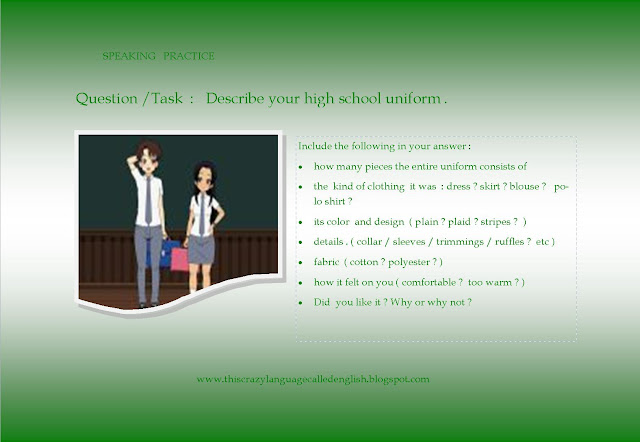Many Filipinos are guilty of this error . They say “ full- pledged”. THIS IS WRONG ! It’s “
full-fledged”.
“ Fledge ” is a verb that refers to a stage in a bird's growth. It means
to develop feathers necessary for
flying ; or to leave the nest after
acquiring such feathers. A “ fledgling ” , on the other hand , is a
young bird that has just learned how to
fly.
“Full-fledged” has
three figurative definitions .
1.
having
attained complete status
Paula is now a full-fledged lawyer. ( This is
the most common context in which this expression is used. )
2.
total or
complete
The senator promises to make public a
full-fledged report on the abuses of big
pharmaceutical companies.
3.
full blown
We
will launch a full-fledged fund-raising
campaign for disabled war veterans .
Why do many Filipinos
make a mistake on this ? It’s due to overlapping of contexts. Most Filipinos take an
oath after passing a government board exam
, and before practicing their
profession. The “oath-taking ceremony ” is usually a formal occasion that takes place in
a grand venue . It’s really a cause for celebration for Filipino families. Now , an "oath" is
almost synonymous to a “ pledge ". Within this cultural context , many Filipinos mistakenly assume that “ full-pledged” is the correct
term. They think it refers to someone who has taken a pledge or oath to his or her profession.
But , again , this is wrong . The word should be “ full-fledged” ---to describe
a young person who is now ready to practice his or her
profession , or who is now capable of independence.






















